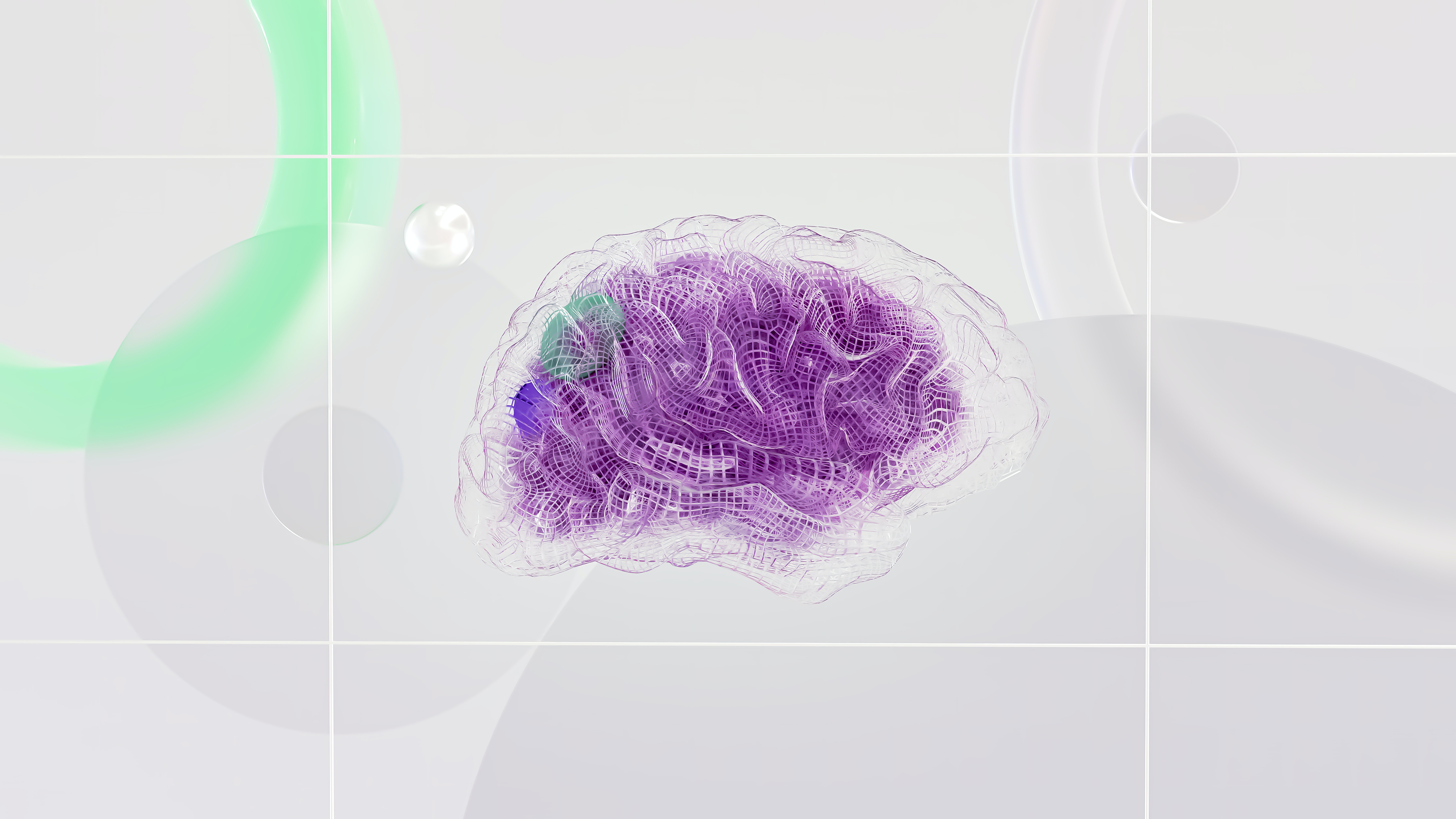Understanding the Basics of Quantum Computing
The principles of quantum computing stand on the pillars of quantum mechanics, a branch of physics that explores the behavior of particles on the atomic and subatomic levels. Whereas classical bits can be in a state of either 0 or 1, quantum bits (qubits), revel in a phenomenon known as superposition, allowing them to exist in both states simultaneously. Furthermore, qubits capitalize on another quantum peculiarity – entanglement. This means the state of one qubit can depend on the state of another, irrespective of the distance separating them.
Quantum Supremacy: A Noteworthy Achievement
The term ‘quantum supremacy’, coined by John Preskill in 2012, refers to the point where quantum computers outperform the fastest supercomputers. Quantum supremacy heralds an important milestone in quantum computing, marking its transition from theoretical curiosity to practical technology. Worth mentioning is the achievement of Google’s quantum computer, Sycamore, in 2019, which completed calculations in just 200 seconds – a task that would have taken the world’s fastest classical supercomputer approximately 10,000 years.
Quantum Computing: Potential Applications and Implications
The rise of quantum computing heralds far-reaching implications across various sectors. From cryptography to pharmaceuticals, quantum computers can revolutionize problem-solving in these fields. In the realm of cryptography, quantum computers can decrypt complex codes in mere seconds, subsequently elevating the security protocols. Additionally, in pharmaceuticals, quantum computing can assist in drug discovery by simulating the molecular structure of drugs, thereby accelerating the process of bringing new treatments to market.
Quantum Computing: Challenges and the Road Ahead
Despite the promise, it’s important to acknowledge the challenges ahead. Quantum computers are highly sensitive to environmental interference, known as “noise”, which can result in computational errors. Also, quantum algorithms are complicated and require specialized knowledge to create. However, scientists are actively working to overcome these barriers, and progress is being made every day. The IBM Q System One, for example, is an avant-garde quantum computer designed to tackle the problem of environmental interference.
In summary, the rise of quantum computing offers an exciting glimpse into the future of technology. As we continue to explore the quantum realm, we are not just pushing the limits of computation. We are also broadening our understanding of the universe and our place within it. Quantum computing isn’t just about faster computations; it represents a shift in how we perceive and interact with the digital world.





